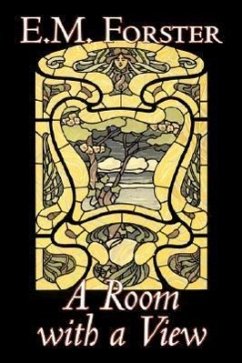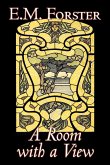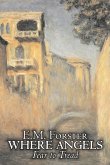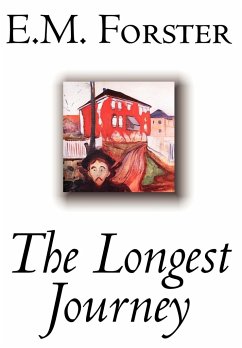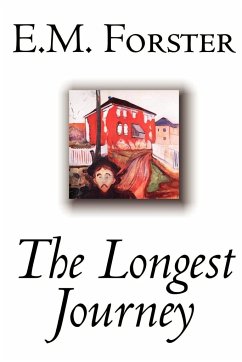Forster's 1908 novel, A Room with a View, is his most optimistic work, while A Passage to India (1924) brought him his greatest success. He was nominated for the Nobel Prize in Literature in 13 different years. Set in Italy and England, the story is both a romance and a critique of English society at the beginning of the 20th century. Lucy is a well-mannered Edwardian lady who finds that true love has no interest in playing by her rules. But how can she choose between what she wants and what everyone around her expects her to want? This gentle but sharp comedy has it all: surprise encounters, jealousy and revenge, conventional fools and unconventional sages, confrontation, loss, and eventual triumph.
Hinweis: Dieser Artikel kann nur an eine deutsche Lieferadresse ausgeliefert werden.
Hinweis: Dieser Artikel kann nur an eine deutsche Lieferadresse ausgeliefert werden.

